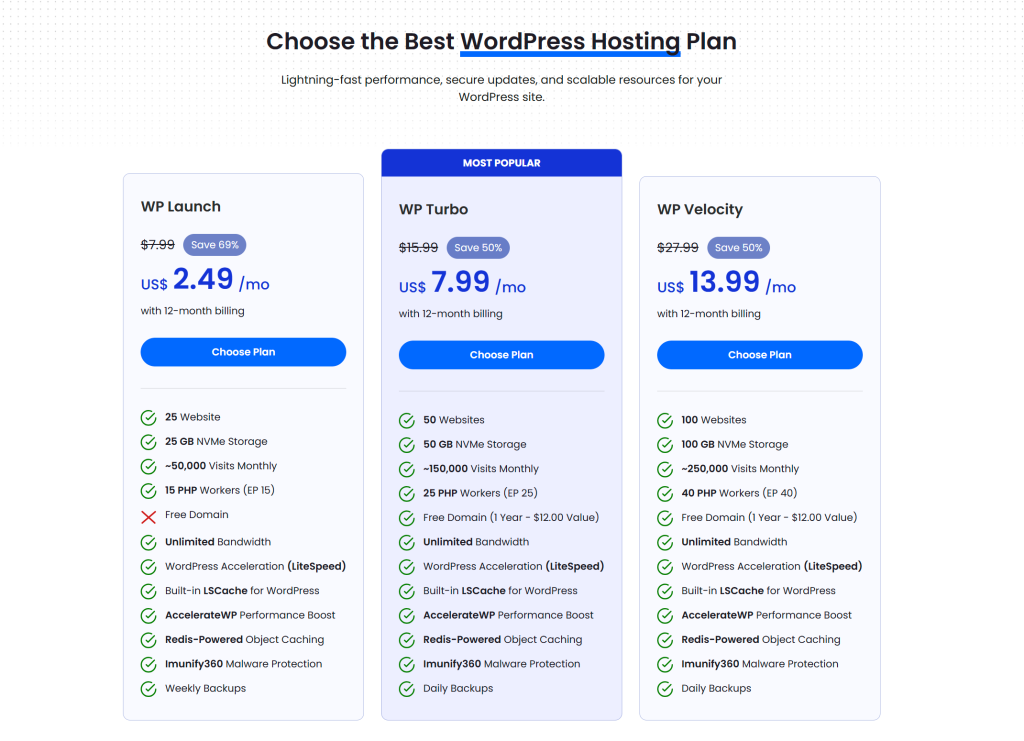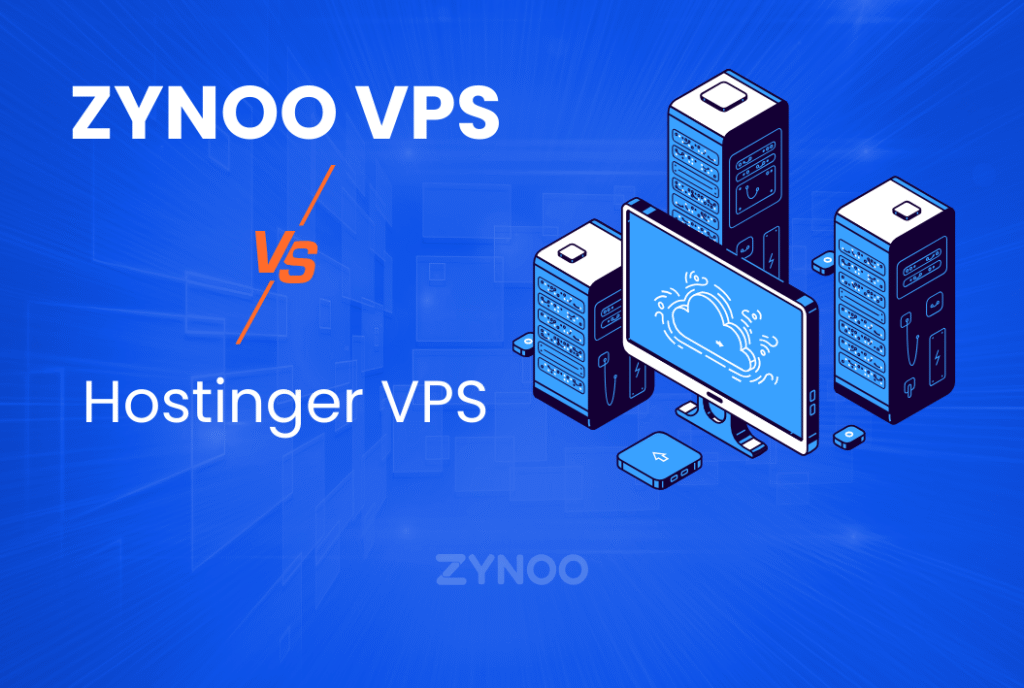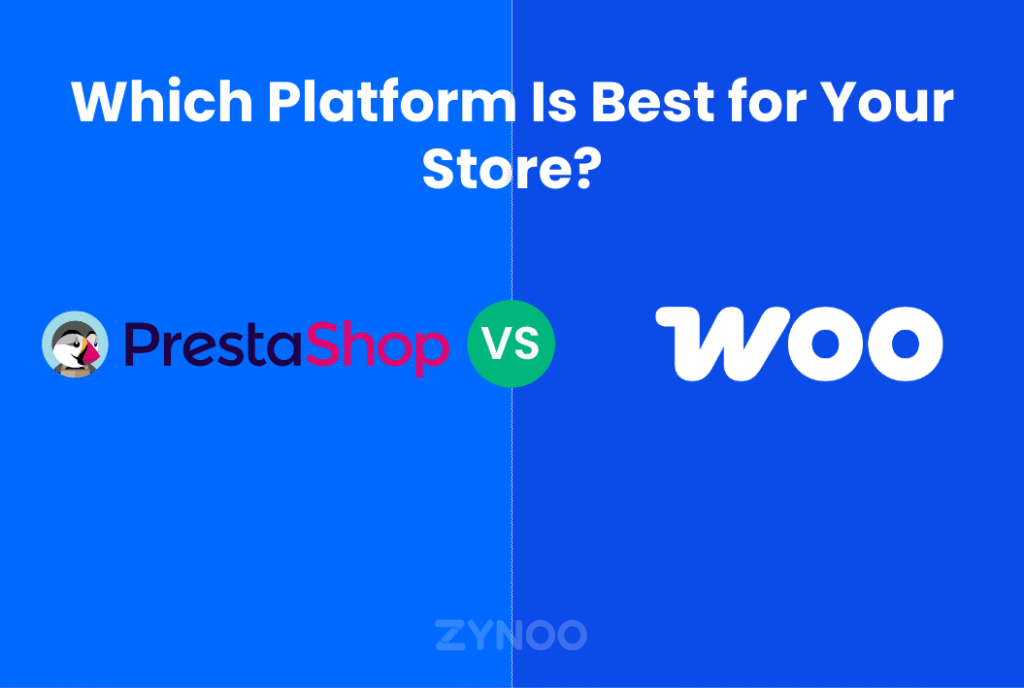If you’re launching your first website, the phrase WordPress Hosting vs Web Hosting quickly comes to mind. At first glance, it seems like a minor branding difference, but your choice directly impacts daily site speed, security, and monthly costs. Making the right decision now can save you hours of troubleshooting later.

What Is Web Hosting?
Web hosting is a term for services that allow individuals or organizations to make their websites accessible online. Providers rent server space and resources so users can store website files and deliver them to visitors.
Web hosting services offer a variety of types, each providing advantages tailored to the complexity and traffic levels of your website. These encompass:
- Shared Hosting: Multiple websites share a single server’s resources. It’s affordable but offers limited control and slower performance during peak traffic times.
- VPS Hosting: A virtual private server offers more control and dedicated resources, even though it is still shared with other users. It provides greater flexibility than shared hosting.
- Dedicated Server Hosting: This allows you to rent an entire server exclusively for your website, giving you complete control, better performance, and increased security. However, it can be expensive.
- WordPress Hosting: WordPress hosting is tailored specifically for WordPress websites. It’s ideal for businesses with variable traffic on their WordPress-powered sites.
Web hosting is versatile and can support various types of websites, from personal blogs to e-commerce stores.
What Is WordPress?
WordPress is an open-source content management system (CMS) written in PHP and supported by a MySQL or MariaDB database. It combines a flexible theme system with over 59,000 plugins, allowing non-coders to create anything from hobby blogs to full-scale e-commerce stores. According to WordPress.org, the platform powers more than 43% of all websites worldwide.
What Is WordPress Hosting?
WordPress hosting is a specialized form of web hosting designed specifically for WordPress. Providers usually pre-install WordPress, optimize server caching, and secure the environment to ensure that every part—from the OS kernel to PHP extensions—is fine-tuned to meet the CMS’s specific needs.
Managed vs Unmanaged WordPress Hosting
| Feature | Managed | Unmanaged |
|---|---|---|
| Automatic Core Updates | ✓ | Optional |
| Server-Side Caching | Integrated | DIY |
| Support Scope | WordPress-specific | Infrastructure only |
| Access Level | Limited (no root) | Full root (often) |
Core Technical Differences
Performance & Speed
When comparing WordPress Hosting vs Web Hosting, the most noticeable difference is in raw speed. Managed WordPress environments often include:
- Server-level caching such as Nginx or LiteSpeed.
- Opcode caching (OPcache) to store pre-compiled PHP.
- Built-in CDN endpoints for global asset delivery.
Generic web hosting may provide some of these, but you usually need to set them up.
Security & Hardening
Servers optimized for WordPress facilitate:
- Automatic core and plugin updates.
- Web Application Firewalls (WAF) tuned for WP attack patterns.
- Malware scanning against known WP-specific signatures.
On a basic web host, you are responsible for patching and firewall rules.
Ease of Use & Management
Managed WordPress dashboards offer:
- One-click staging sites.
- Automated nightly backups.
- Integrated SSL with renewal automation.
Beginners can save a lot of time that they might otherwise spend using SSH.
Scalability & Resource Isolation
- Burst scaling: Some WordPress plans provide temporary CPU and Ram bursts during traffic spikes.
- Containerization: Isolates each WordPress instance, reducing the impact of “noisy neighbor” issues common in shared environments.
In traditional shared hosting, your site can experience slowdowns due to high traffic from other accounts. While WordPress hosting costs more, it includes tools that beginners would otherwise need to buy separately.

Flexibility & Software Freedom
Generic web hosting works well if you plan to run multiple apps—such as WordPress today and a Laravel API tomorrow—since you usually get root or SSH access. WordPress-only plans might block custom server packages or heavy plugins to maintain platform stability.
Support Channels & Expertise
With WordPress-focused plans, you chat with technicians who troubleshoot plugin conflicts daily. Generic hosts handle server uptime and leave application issues for you to resolve. For non-technical beginners, that specialized support is often worth the price difference.
When to Choose Each Hosting Type
| Scenario | Best Fit | Why |
|---|---|---|
| Tiny personal blog | Shared Web Hosting | Lowest cost; low traffic |
| Non-technical small business | Managed WordPress Hosting | Hands-off maintenance |
| Multi-site agency | VPS Web Hosting | Root access, multiple stacks |
| High-traffic WooCommerce store | Managed WordPress Hosting (Scale tier) | Performance tuning & caching |
Migration & Future Growth Paths
Most WordPress hosts like ZYNOO offer free automated migrations. Generic hosts need manual database exports and wp-config edits. To grow, you can:
- Scale vertically by upgrading CPU/RAM.
- Scale horizontally via load-balanced WordPress clusters on cloud platforms.
Either path works, but managed WordPress platforms simplify both using automated pull-and-push scripts.
Common Misconceptions Debunked
“WordPress only runs on WordPress hosting.”
False—WordPress operates on any PHP-MySQL stack that meets the minimum requirements (PHP 8.x, MySQL 8.x). See the official WordPress requirements page for exact specifications.
“Web hosting is always slower.”
It is not necessarily the case. A well-optimized Virtual Private Server (VPS) can surpass the performance of lower-tier managed plans, provided that proper configurations of caching and security measures are implemented.
“Managed WordPress means no work at all.”
You still need to update plugins, follow best practices, and create quality content.
Conclusion
Choosing between WordPress hosting vs web hosting depends mainly on your specific needs. If you run a WordPress website and value ease of use, performance, and security, WordPress hosting is a fantastic option. However, if you’re looking for versatility and affordability, or you’re comfortable with some technical tasks, traditional web hosting may offer more flexibility at a lower cost.
Ultimately, understanding the differences between these two hosting types will help you make an informed decision, ensuring your website performs well and remains secure as it grows.
FAQ
WordPress hosting is a form of web hosting tailored specifically for WordPress websites, providing features such as automatic updates and improved performance. In contrast, general web hosting can support any type of website without these specialized functionalities.
Yes, you can host a WordPress site on general web hosting, but you will need to manually install WordPress and optimize it for performance.
If you run a WordPress website and want better performance, security, and ease of use, then WordPress hosting can be worth the additional cost, especially with managed plans.
Yes, WordPress hosting is designed exclusively for WordPress websites, whereas web hosting can support a broader range of CMS platforms and static websites.
WordPress hosting is more beginner-friendly because it comes pre-configured for WordPress, often with one-click installs and tailored support.
Both can scale, but managed WordPress hosting often includes automatic scalability features, making it more seamless for growing WordPress sites.



